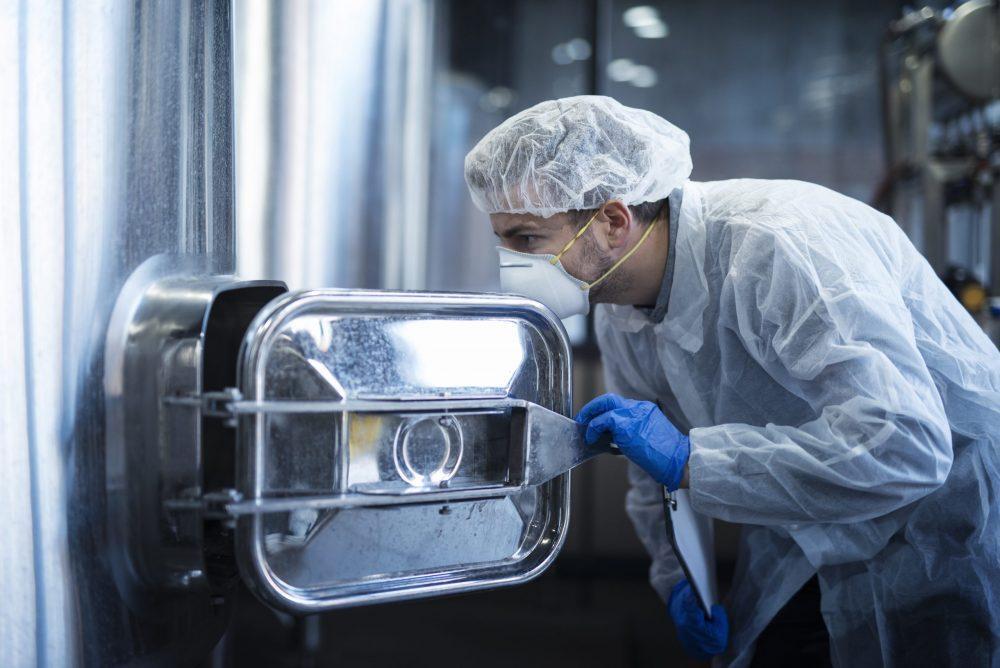What if your drains could stay clean and free-flowing without constant maintenance and costly interventions? Clogged drains caused by fat, oil, and grease (FOG) build-up are a common headache, especially in commercial kitchens and high-usage areas. These blockages lead to slow drainage, unpleasant odors, foul smells, and costly plumbing repairs. What can be done to tackle this persistent problem effectively and sustainably? Biological dosing systems might be the answer many have been looking for.
In this detailed article, you will discover how biological treatment for dosing can improve drain flow permanently. This comprehensive method involves using live bacteria that actively digest and consume FOG, breaking it down into harmless substances. Learn why biological dosing offers a more robust, long-term solution compared to traditional chemical or enzyme-based treatments, how it works, and the key advantages it brings to your drainage system's health and maintenance routine.
Understanding Biological Treatment for Dosing
Biological dosing systems introduce specific live bacteria into wastewater pipes and drainage networks. Unlike enzymes that merely break down FOG molecules, these bacteria consume them entirely, effectively reducing grease accumulations that cause blockages.
The bacteria are specially selected to thrive in various environmental conditions within the drainage system – from temperature fluctuations to pH levels – ensuring continuous and efficient grease degradation. Over time, the persistent presence of these bacteria can lead to a permanent reduction in FOG deposits, enhancing drain flow and reducing the frequency of blockages.
Benefits of Biological Dosing for Drain Flow
Biological treatment for dosing offers several key advantages:
-
Permanent FOG Removal:
Continuous consumption and breakdown of fat, oil, and grease prevent build-ups before they cause clogs. -
Reduced Maintenance Costs:
Less need for manual cleaning and pumping out grease traps results in significant savings. -
Odor Control:
Organic breakdown of waste reduces unpleasant smells often associated with greasy blockages. -
Environmental Safety:
Uses natural bacteria instead of harsh chemicals, minimizing environmental impact and compliance risks. -
Improved System Efficiency:
Cleaner drains enhance overall wastewater flow and reduce the risk of backups and flooding.
How Does Biological Dosing Work in Practice?
The dosing process involves the regular introduction of bacterial cultures into the drainage system via an automated dosing unit. These bacteria actively seek out and digest FOG, converting fats into carbon dioxide and water. Consistent dosing encourages a natural microbial ecosystem that keeps grease levels in check indefinitely.
Key considerations for optimal performance include avoiding interfering factors such as caustic cleaning agents or extreme temperatures that may harm the bacterial population. When properly maintained, biological dosing systems work synergistically with existing grease traps for comprehensive grease management.
When to Choose Biological Dosing Systems
Biological treatment for dosing is particularly beneficial in environments with:
-
High volumes of FOG production, such as commercial kitchens and food processing plants.
-
Persistent drain blockages despite chemical or enzyme treatments.
-
Desire for eco-friendly, sustainable waste management solutions.
-
Need to comply with environmental regulations without costly infrastructure changes.
Limitations and Complementary Solutions
While biological dosing greatly improves drain flow and grease management, it is typically most effective as part of an integrated approach. Combining biological dosing with physical grease traps ensures both prevention and treatment of FOG entering the drainage system.
Moreover, factors such as heavy caustic cleaning, very cold or hot conditions, or extremely high grease volumes may require additional interventions to maintain bacterial effectiveness.
Conclusion
Can biological dosing systems improve drain flow permanently? Yes, they can. By harnessing the power of live bacteria to break down and consume grease, biological treatment for dosing offers a sustainable, cost-effective, and environmentally friendly solution to chronic drain blockages. For businesses and facilities seeking long-term relief from drain maintenance headaches, embracing biological treatment for dosing could be the key to healthier, free-flowing drains and lower operational costs.
Considering the benefits and practical applications, biological dosing represents a smart investment in durable drain system performance and compliance.



